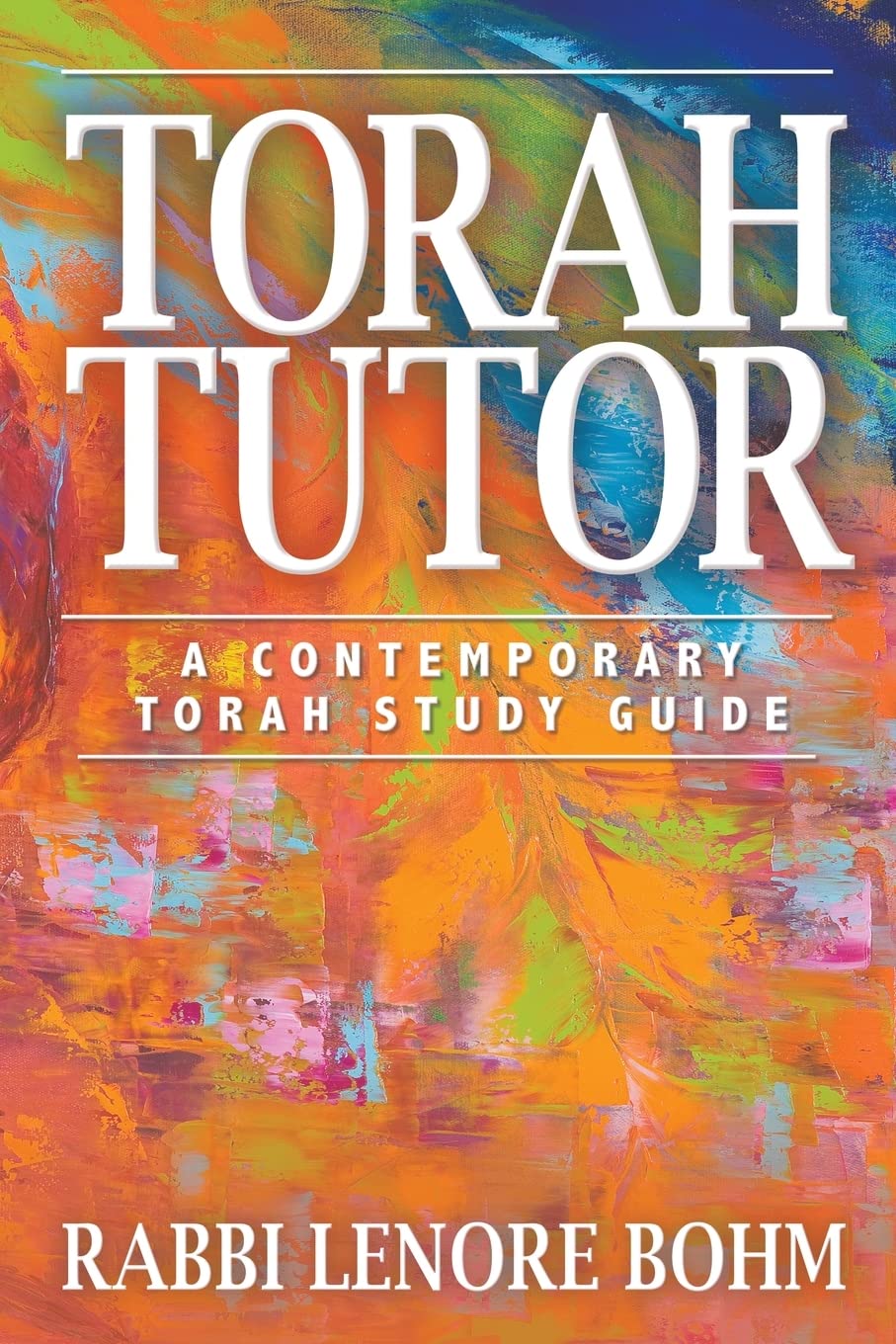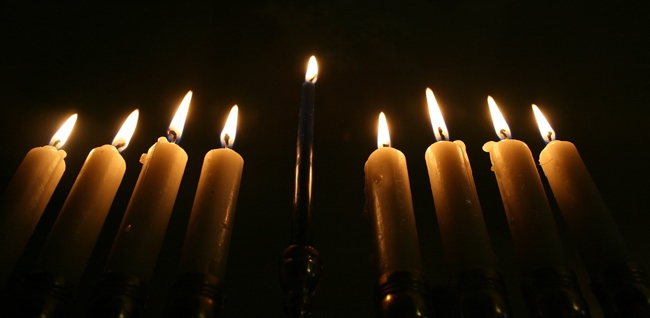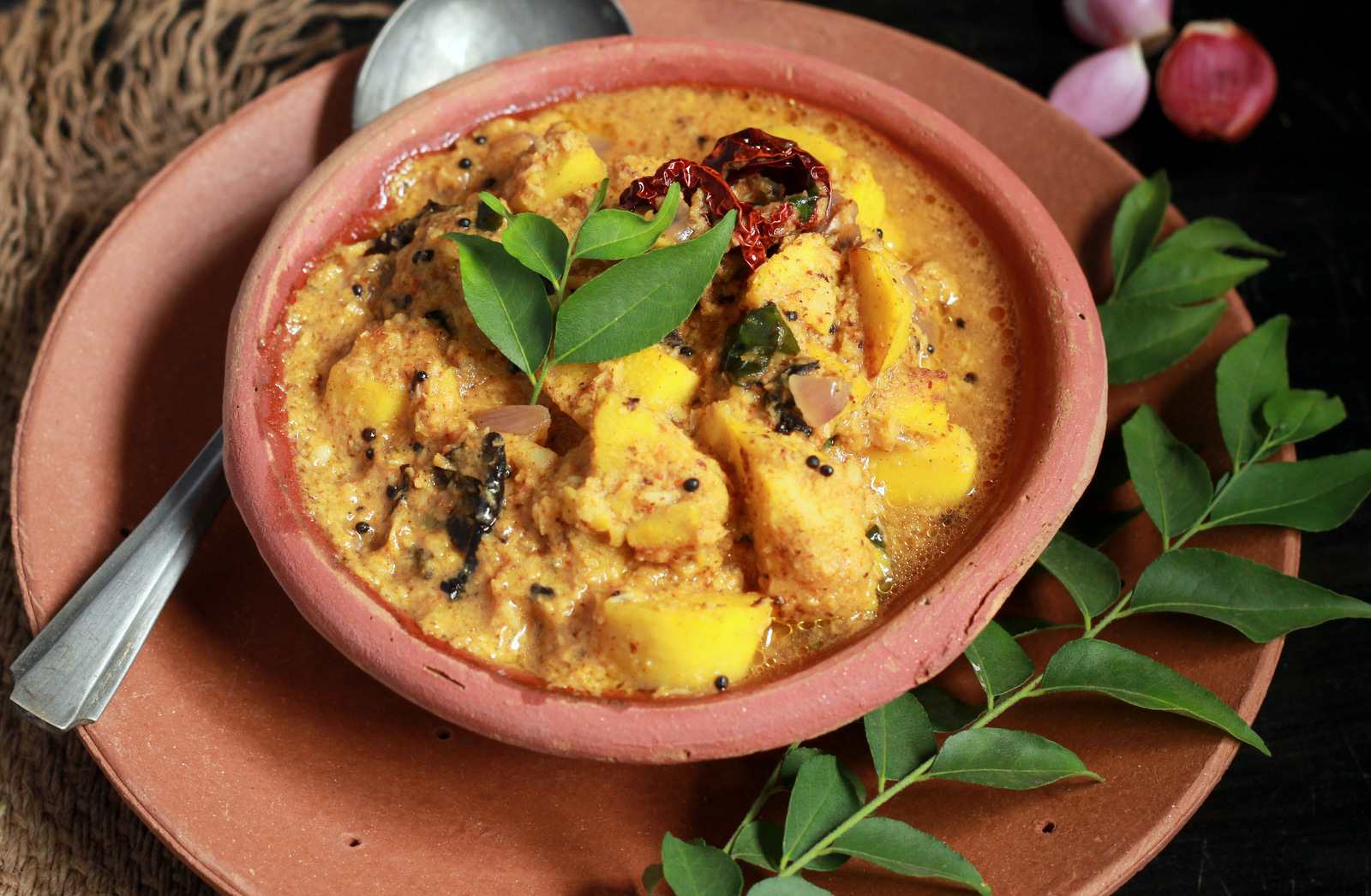(Editor’s note: In 2022, Hanukkah begins at sundown on December 18.)
By RABBI LENORE BOHM
Author of Torah Tutor
In this season of expressing wishes to friends and family, I could wish each of you a Happy Hannukah and New Year. But what exactly are we wishing when we exchange such greetings?
Many American greetings include the word “happy.” Happy Birthday, Happy Thanksgiving and coming up shortly, Happy New Year. It’s commonplace for Jews to wish each other “Happy New Year”—especially before Rosh HaShanah, but that is not an accurate translation of the traditional greeting we traditionally exchange, “Shana Tova!”
“Shana Tova” does not mean “Happy New Year;” it means “Good New Year.” To what does this refer? Primarily it refers to the Jewish value of imbuing the coming year with acts of goodness. I think it also reflects the use of the word “tov” “good” in the creation story, which is what Rosh HaShanah commemorates. In that story, God calls everything in creation—even and especially human beings—good. “And God saw that it was GOOD.”
I think “Shana Tova” is a reminder to treat creation and each other as valuable, purposeful, beautiful and desirable—just as creation is described in Genesis. Very different from “happy.” The word “happy” is etymologically related to the words, “haphazard” and “happenstance.” Randomness is implied, and chance.
Goodness is rarely random or by chance. When we wish someone “Shana Tova,” we are not wishing them something tenuous, fleeting or improbable.
A related Jewish concept is “simcha” coming from the word “sameach.” A simcha is always a happy event but it is much more. It doesn’t describe a party or contrived occasion; it is an event that is planned to celebrate an accomplishment (Bar/Bat Mitzvah) or an intention about the future (a wedding). A simcha is the culmination of a process, the result of a deliberate effort to achieve something. And a simcha is always shared by a group. It has a significant communal element.
In the Torah, the holiday of Sukkot is called “Zeman (time or season) of our Rejoicing.” And the Torah specifically says who is to celebrate: you, your household, the stranger, the orphan and the widow. What does this teach? That a component of celebration, or experiencing joy, is to include those who are on the edges of the community.
That’s a challenging question at this time of year, isn’t it?
How many of us include the marginalized in our communities in our festive planning?
I’m raising this question early, this year. There’s still time to adapt your own festive plans!
Another Hebrew word associated with “happy” is Asher. “Ashrey” is a word you may recognize from the prayer “Ashrey Yoshvay V’techa…” It is sometimes translated as “happy” but a more accurate translation is “blessed.” “Ashrey” carries the connotation of feeling whole, connected and at peace. “Happy” to me seems more like a passing feeling. “Ashrey” is deep and more lasting. Not in the sense of being “up” all the time, but feeling basically and essentially at peace, despite the ups and downs that accompany each day and each life.
“Ashrey” is not what happens when you get a gift or even a promotion. It is the starting and returning point regardless of whether or not you get the gift or promotion.
It is interesting to me that Leah’s first three sons are named for what she desires: attention from Jacob (who prefers Leah’s sister, Rachel). Only her fourth son’s name, Yehudah, reflects appreciation for what she has been given. “Yehudah” means “give thanks.” Her son Asher, “contentment” if you will, is born after Yehudah,“give thanks.”
Rabbi Evan Moffic wrote a book called The Happiness Prayer in 2017. He based it on the Eilu Devarim prayer that says: These are the things that are limitless, that a person enjoys the fruit of in this world, while the principal remains in the world to come. They are: honoring one’s father and mother, engaging in deeds of lovingkindness, being open to study, welcoming guests, visiting the sick, providing for the bride and accompanying the dead for burial, praying enthusiastically and bringing peace among people. But to study Torah is to encompass all this.”
The author rephrases the opening of this prayer in question form: “How will you find happiness in this world and peace in the world to come? By learning these wisdom practices from your ancestors: Honor those who gave you life. Be kind. Keep learning. Invite others into your life. Be there when others need you. Celebrate good times. Support others during times of loss. Pray with intention. Forgive. Look inside and commit.”
I don’t know that I would describe someone who lives this way as “happy,” but I would certainly see them as focused, caring, generous and humble.
So, this year, I will leave you with my best wishes in these words:
May your holidays be filled with gratitude and appreciation, inclusion and embracing, love, meaning, hope and healing!
.
.
 For more on Rabbi Lenore Bohm …
For more on Rabbi Lenore Bohm …
VISIT RABBI LENORE’S RESOURCE PAGE: Go to TorahTutorBook.com to find more information about her ongoing work and her new book.
YOU MAY ALSO ENJOY her column about Rosh Hashanah this year.
Order a copy of her new book from Amazon.
from Religious Holidays https://ift.tt/oSzimVc

 :: Unlock Your Success with Our Digital Course →
:: Unlock Your Success with Our Digital Course →














No comments:
Post a Comment